Trauma Therapy
We don’t erase what happened.
We reduce the impact it has on you.
Trauma is something we often hear about, but it's important to understand what it means and how it affects us. It can start in childhood, but it's unique to each person and can happen at any point in life. What's traumatic for one person may not be for another, as there's confusion about what trauma really is. Trauma is a word we use to help us heal and acknowledge that our brain has been affected by our experiences. Trauma-informed care is recognizing that our experiences change how we respond and experience life. It's understanding that what happened to us impacts every part of our lives, from interactions with others to seeking help when needed.
Defining trauma:
Trauma is the result of being exposed to an event (or sometimes more than one event) that the individual identifies as being distressing and having a lasting impact on their mental and physical health. This can also be explained as a single incident trauma or chronic trauma. Traumatic events happen to all people, at any age, and across all parts of our society.
Experiences that may be traumatic include-but not limited to:
Physical, sexual, and emotional abuse
Childhood neglect
Living with a family member with mental health or substance use disorders
Sudden, unexplained separation from a loved one
Poverty
Racism, discrimination, and oppression
Violence in the community, war, or terrorism
Surviving a natural disaster
Witnessing domestic violence
People can develop Post-Traumatic Stress Disorder (PTSD) when they react to and survive traumatic events by emotionally clocking themselves during or after the experience. This can mean the the trauma takes control of your life.
You Might benefit from seeing me if…
You’re feeling hopeless or helpless
You’re experiencing hyper-vigilance
You’re experiencing chronic exhaustion or other physical ailments
You’re experiencing dissociative moments
You’re feeling guilt, fear, or anger regarding what you’ve experienced
Goals for trauma treatment may look like..
You want to learn more about your trauma
You want to re-establish safety
You want to be able to identify triggers
You want to decrease traumatic stress symptoms
You want to learn healthy coping skills.
As a trauma informed provider I hold core principals of acknowledging the impact of trauma, and the importance of safety and trust, choice and collaboration.
We can work together to establish self soothing, build self-trust and self-compassion, and learn limit setting and how to communicate needs.
Through trauma work, I want to help you turn “off” the alarm system in your brain that has been stuck on high. In turn help you face everyday a little easier.
Recent Trauma & Calming the Nervous System
Early Trauma Treatment & Stabilization
Stabilization is the first line of trauma care that can help survivors decrease their symptoms of distress and regain adaptive functioning following a traumatic event. Early treatment can be especially helpful for individuals who experience highly aroused nervous system activation (high anxiety, difficulty concentrating or sitting still, feeling tense or easily startled) in the aftermath of a distressing event.
The ASSYST Protocol for Stabilization
Acute Stress Syndrome Stabilization (ASSYST) is a short term treatment to immediately address intense somatic symptoms that emerge following a recent traumatic experience (combat experience, natural disaster, assault, public health crisis, sudden loss). This treatment can be provided in-person or by tele-health and can be used in adjunct with other therapies.
ASSYST can be helpful if you have experienced a recent traumatic event and any of the following …
Flashbacks or re-experiencing of the event
Avoidance of reminders of the trauma
Overwhelming sensory information
An extreme emotional response
Intense body sensations
Who Could Benefit From ASSYST?
First Responders
Healthcare Providers & Emergency Room Staff
Military & Police Personnel
Survivors of a Natural Disaster
Survivors of Assault or Violence
Witnesses of Harm or Violence to Others
Chat with Me
A positive therapeutic relationship is a big indicator of success in therapy. Let’s set up a time to meet or chat on the phone and see if we could be a good fit.
ACE STUDY: The study for the effect of trauma on our health. My intakes include an ACE survey.
The ACE study identifies that there is a direct connection between adverse childhood experiences and an increase in physical and mental health problems.
Based on the research: What are the long-term effects of trauma on health?
The original ACE Study asked people to indicate the number of traumatic events they had experienced prior to age 18 and provided them with a corresponding “ACE score.” Compared to people with no ACEs, individuals with an ACE score of four or more were approximately:
2x more likely to smoke
10x more likely to inject street drugs
12x more likely to attempt suiicde
7x more likely to consider themselves alcoholic
3x more likely to contract an STI



